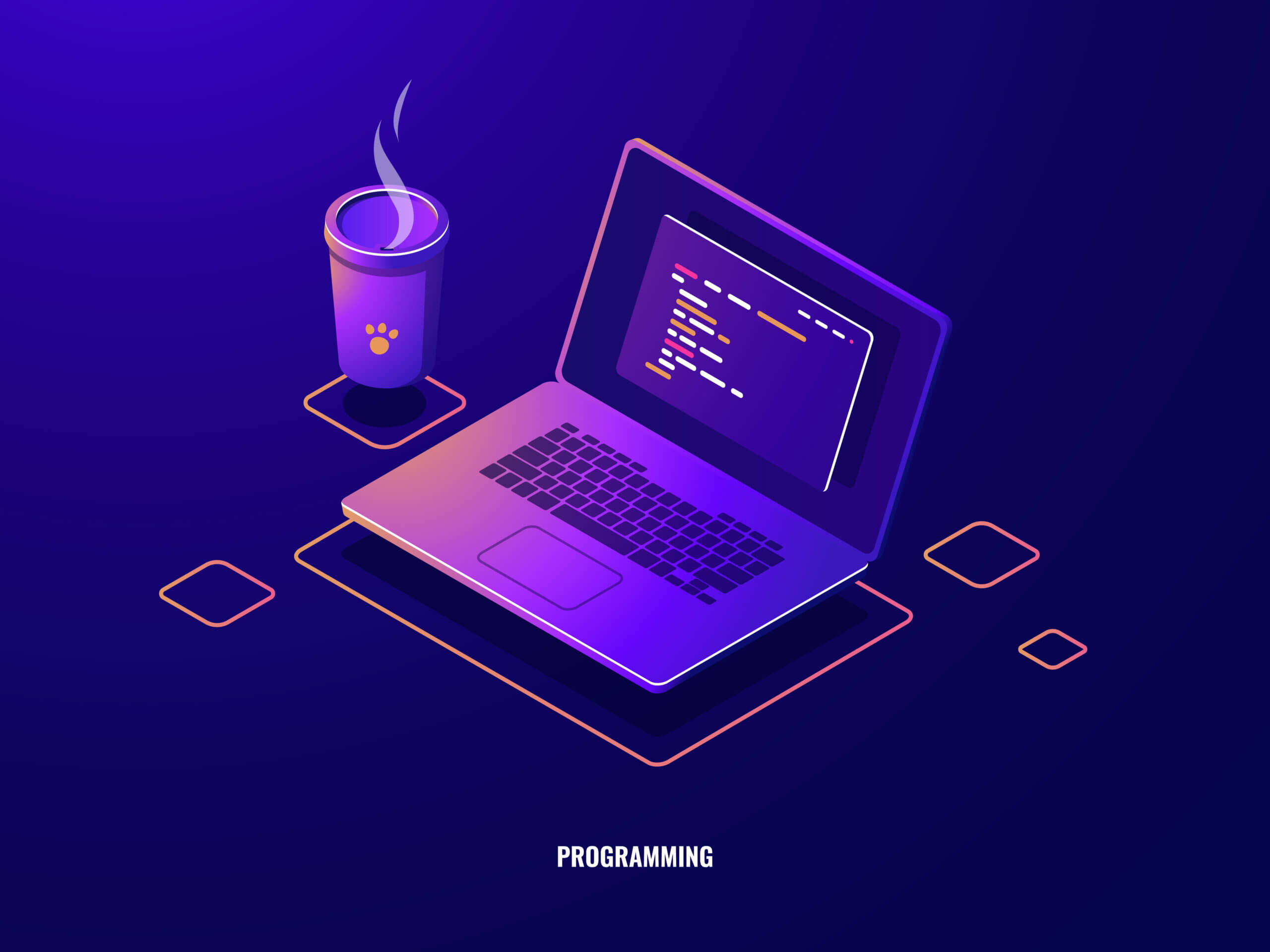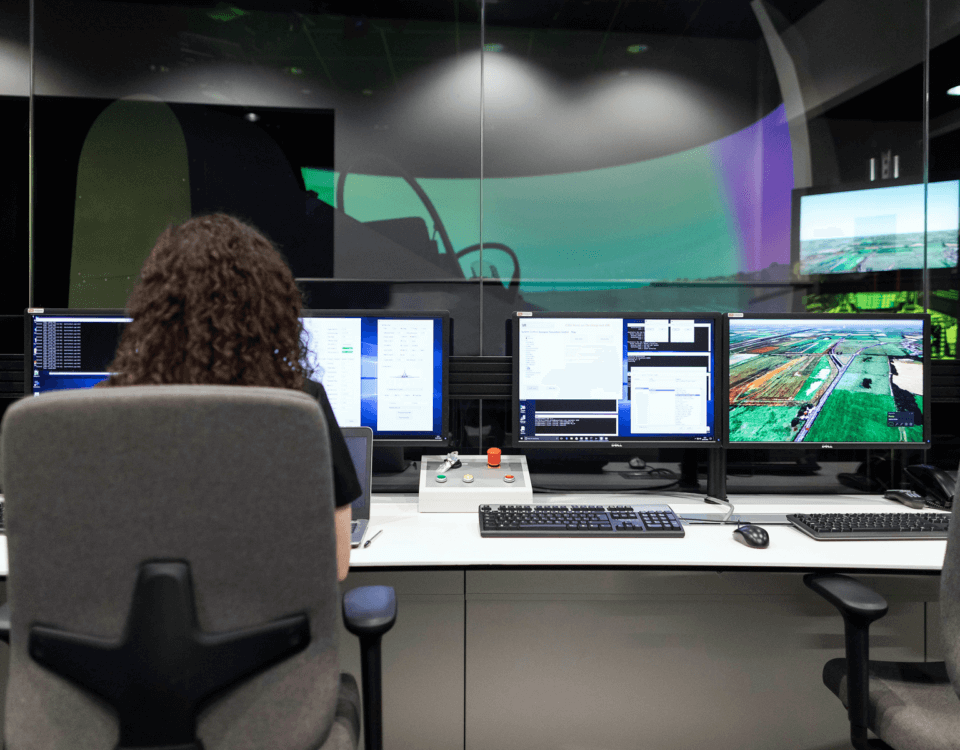
Web Design Trends: Enhancing User Experience in 2023
August 7, 2023
The Dance of UI and UX: Creating Seamless Web Design Experiences
August 28, 2023
In the fast-paced world of software development, having the right set of tools can significantly enhance your productivity, streamline your workflow, and contribute to the success of your projects. From code writing and debugging to collaboration and version control, the software development process involves a wide range of tasks that can be made easier with the help of various tools. In this blog, we'll explore some essential software development tools that every developer should be familiar with.
1. Integrated Development Environments (IDEs):
IDEs are comprehensive software applications that combine code editing, debugging, and project management tools into a single interface. Some popular IDEs include Visual Studio Code, IntelliJ IDEA, and Eclipse. These tools provide features like syntax highlighting, code completion, version control integration, and real-time error checking, making them indispensable for developers looking to write efficient and clean code.
2. Version Control Systems:
Version control is essential for tracking changes to your codebase, collaborating with other developers, and maintaining a history of your project's development. Git is the most widely used version control system, with platforms like GitHub and GitLab providing hosting and collaboration features. Tools like SourceTree and GitKraken offer graphical interfaces to simplify the process of managing repositories and branches.
3. Text Editors:
For quick and lightweight editing tasks, text editors come in handy. Sublime Text, Atom, and Notepad++ are popular choices among developers for their speed and simplicity. These editors are highly customizable and support various programming languages.
4. Code Linters and Formatters:
Maintaining a consistent code style across a project is crucial for readability and maintainability. Code linters like ESLint and Pylint help identify and fix issues related to coding standards, while code formatters like Prettier automatically format your code according to predefined rules.
5. Package Managers:
Modern software development relies heavily on third-party libraries and dependencies. Package managers like npm (Node.js), pip (Python), and Maven (Java) simplify the process of installing, updating, and managing these libraries within your project.
6. Continuous Integration and Continuous Deployment (CI/CD) Tools:
CI/CD tools like Jenkins, Travis CI, and CircleCI automate the process of building, testing, and deploying your code. These tools help catch bugs early, ensure consistent deployment, and improve collaboration among team members.
7. Collaboration Tools:
Effective communication and collaboration are essential for team-based software development. Tools like Slack, Microsoft Teams, and Trello facilitate real-time communication, task tracking, and project management, ensuring that everyone stays on the same page.
8. Debugging Tools:
Debugging is an inevitable part of software development. Integrated debugging tools in IDEs, as well as standalone tools like Chrome DevTools for web development, help identify and resolve issues in your code.
9. Virtualization and Containerization Tools:
Virtualization tools like VirtualBox and VMware allow you to run multiple operating systems on a single machine, facilitating environment testing. Containerization tools like Docker create lightweight, isolated environments for applications, ensuring consistency across different deployment environments.
10. Documentation Tools:
Well-documented code is essential for long-term maintenance and collaboration. Tools like Javadoc, Doxygen, and Sphinx assist in generating documentation directly from your code comments.
Conclusion:
In conclusion, the right software development tools can significantly impact your efficiency and the quality of your work. While this list provides an overview of essential tools, the software development landscape is continually evolving. Therefore, staying up-to-date with emerging tools and technologies is crucial for developers looking to excel in their field. Whether you're a beginner or a seasoned developer, mastering these tools can help you build better software and enhance your overall development experience.








